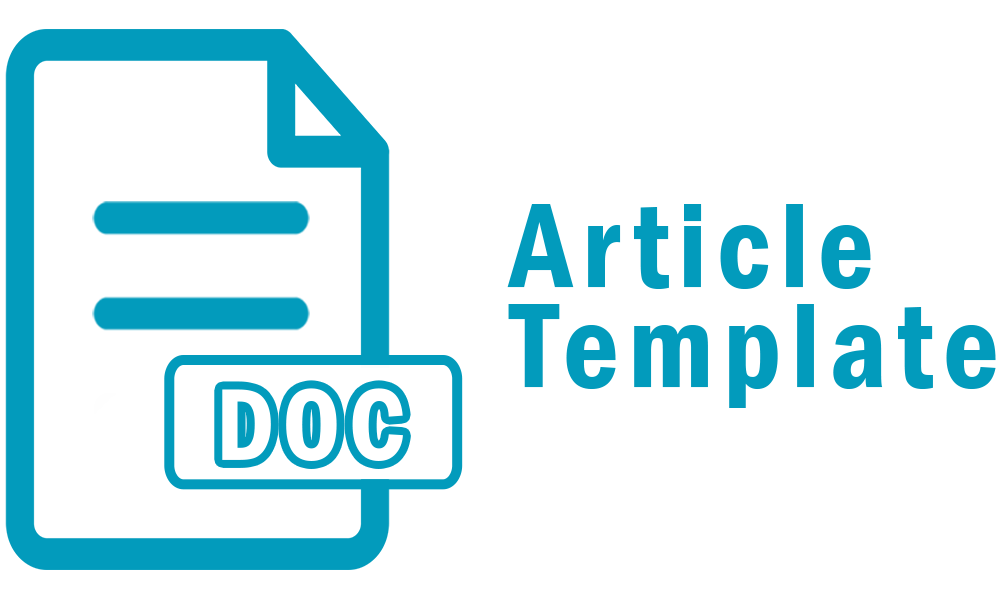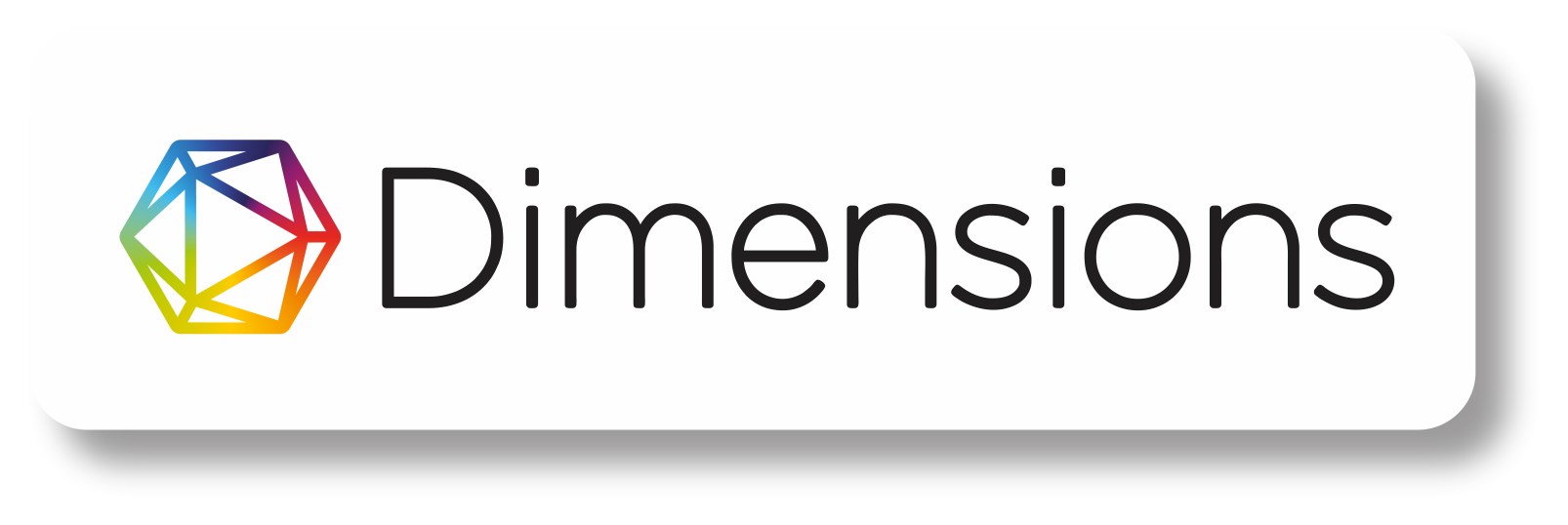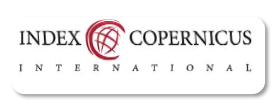Analysis of Operational Risk Management Based on the Waqf Core Principles Approach: A Case Study of Quran Waqf Board Solo
DOI:
https://doi.org/10.22515/finalmazawa.v6i1.10213Abstract
Qur'anic waqf, as a form of social and spiritual philanthropy, plays a vital role in supporting religious literacy and social welfare. However, its operational management faces significant challenges, including distribution errors, lack of transparency, and maintaining public trust, which can hinder its effectiveness in serving beneficiaries. This study examines the application of the Waqf Core Principles (WCP) framework in managing operational risks at the Solo Qur'anic Waqf Board (BWA). Employing a descriptive qualitative approach, this research collects data through direct observations and in-depth interviews with the branch manager of BWA Solo. The findings indicate that BWA Solo has successfully implemented key WCP principles, particularly in ensuring financial transparency, accountability, and equitable waqf distribution. Nevertheless, challenges persist, including inconsistencies in risk management and potential mismanagement. Moreover, the increasing complexity of waqf operations, driven by digitalization, necessitates continuous improvements in governance and security measures. This study highlights the crucial role of WCP in strengthening the operational efficiency and credibility of waqf institutions. The research also suggests enhancing risk mitigation strategies by leveraging technology, such as Artificial Intelligence (AI), to improve monitoring and reporting mechanisms. By addressing these challenges, waqf institutions can enhance their sustainability and societal impact, fostering greater trust and participation in waqf-based initiatives.
Downloads
References
Agil, M., Sholikhah, N. N., Zunaidi, A., & Ahmada, M. (2023). Minimizing Risk and Maximizing Profit: Risk Management Strategies in Productive Waqf Management. Al-Muraqabah: Journal of Management and Sharia Business,3 (2), 1-20. https://doi.org/10.30762/almuraqabah.v3i2.1055
Amalia, A. D. (2020). Communication Strategy of the Al-Qur'an Waqf Board in Introducing Waqf as a Muslim Lifestyle. UIN Syarif Hidayatullah Jakarta.
Anggraini, R. D., Dewi, N. D., & Rofiq, M. (2024). Optimizing the Potential of Waqf in Indonesia: Challenges and the Role of Digitalization in Strengthening the Benefits of Waqf for Society. Journal of Islamic Business Management Studies, 5(1), 60–67.
Aryana, K. (2022). Accountability and Transparency of Waqf Management Institutions Through Waqf Core Principle and PSAK 112. Journal of Business and Economic Accounting,7 (2), 2065-2080. https://doi.org/10.33197/jabe.vol7.iss2.2021.783
Aryana, K. P., & Yuliafitri, I. (2023). Implementation of Good Nazhir Governance based on Waqf Core Principle at Wakaf Salman ITB. Journal of Accounting and Finance Research,11 (1), 87-96. https://doi.org/10.17509/jrak.v11i1.46526
Aryana, P., & Hasan, A. N. (2024). NAZIR GOVERNANCE IN WAQF CORE PRINCIPLES IMPLEMENTATION INDEX. 4(1), 118–130.
Astuti, R. Y., & Aldeno, I. (2021). Operational Management Risks at Zakat Management Institutions in Surakarta. Journal of Sharia Law and Economics, 09(1), 183–198.
Auna Nida Ulhusna, N. S., Azizah, N., Putri Dinanti, S., & Adriansyah, Z. (2024). The Role of Digital Waqf in Achieving Sustainable Development Goals (SDG's). OIKONOMIKA: Journal of Islamic Economics and Finance Studies,5 (1), 52-63. https://doi.org/10.53491/oikonomika.v5i1.1128
Bayu, M., & Pamungkas, A. (2024). Waqaf Digital Transformation Towards Better Management. Proceedings of International Conference on Islam Educationm Management and Sharia Economics, 5(1), 433–457.
BWI, (Indonesian Waqf Board). (2024). National Waqf Road Map 2024 - 2029. Ministry of Religious Affairs of the Republic of Indonesia.
Khoeron, M. (2023). Four Times Recirculation of Al-Kahf Misprint Photo: 8, This is the Ministry's Explanation. Ministry of Religious Affairs of the Republic of Indonesia. https://kemenag.go.id/pers-rilis/empat-kali-beredar-ulang-foto-salah-cetak-al-kahfi-8-ini-penjelasan-kemenag-fSlkJ
Maisyarah, A., & Hadi, K. (2024). Implementation of Digital-Based Waqf Management Model in Improving Sustainable Development Goals (SDGs). Scientific Journal of Islamic Economics,10 (1), 887. https://doi.org/10.29040/jiei.v10i1.12079
Muhammad Iskandar, Dismane, Nugraha, & Mayasari. (2020). Improving the Financial Performance of Waqf Institutions in Indonesia: Legal Foundation, Legal Supervision, Nadzir Management, Risk Management, Sharia Compliance. Coopetition: Scientific Journal of Management,11 (3), 253-262. https://doi.org/10.32670/coopetition.v11i3.158
Neng Wiwi, MH Ainulyaqin, Sarwo Edy, Listian Indriyani Achmad, & Sakum (2024). Analysis of Operational Risk Implementation and Sharia Compliance of the Al-Qur'an Waqf Board in View of the Waqf Core Principles. El-Mal: Journal of Islamic Economics & Business Studies,5 (7), 3449-3465. https://doi.org/10.47467/elmal.v5i7.3030
Pratama, H., Hasibuan, W. A., Julianti, A. R., Adriansyah, R. B., Studi, P., Dakwah, M., Negeri, U. I., & Utara, S. (2025). Implementation of Good Governance in Waqf Management at the Indonesian Waqf Board (BWI) North Sumatra. Balance of Management, Accounting Economics, 14(1).
Qolbi, R. N. (2021). Campus Waqf Movement: Optimizing the National Movement for Cash Waqf (GNWU) in the Campus Environment Towards SDGs. Al-Awqaf: Journal of Waqf and Islamic Economics, 14(1), 65–86.
Rasyidi, K., Misbahuddin, & Ridwan, S. (2024). Productive Waqf Empowerment Towards Community Economic Growth in Maros Regency. Tasamuh: Journal of Islamic Studies,16 (1), 23-40. https://doi.org/10.47945/tasamuh.v16i1.1288
Sabdo, S., & Fajar, M. S. (2023). Productive Waqf and Improving People's Living Standards (Case Study of Productive Waqf in the Muhammadiyah Metro Regional Leadership). Journal of Muhammadiyah and Science Integration,1 (1), 1. https://doi.org/10.24853/jkii.1.1.1-24
Salsabila, L., Fikriya, M., Abdullah, F., & Affan, M. (2023). Utilization of Blockchain Technology in the Management of Waqf Funds. JEBD: Journal of Digital Economics and Business,1 (2), 233-240. https://jurnal.ittc.web.id/index.php/jebd/index
Sarasi, V., Farras, J. I., & Putri, J. H. (2022). Risk Management Analysis of Cash Waqf with Erm Coso Method. Scientific Journal of Islamic Economics,8 (02), 1792-1807. http://dx.doi.org/10.29040/jiei.v8i2.3260
Downloads
Submitted
Accepted
Published
How to Cite
Issue
Section
License
Copyright (c) 2025 Arum Fitri Lestari, Muhammad Satar, Betty Eliya Rokhmah

This work is licensed under a Creative Commons Attribution-ShareAlike 4.0 International License.




















